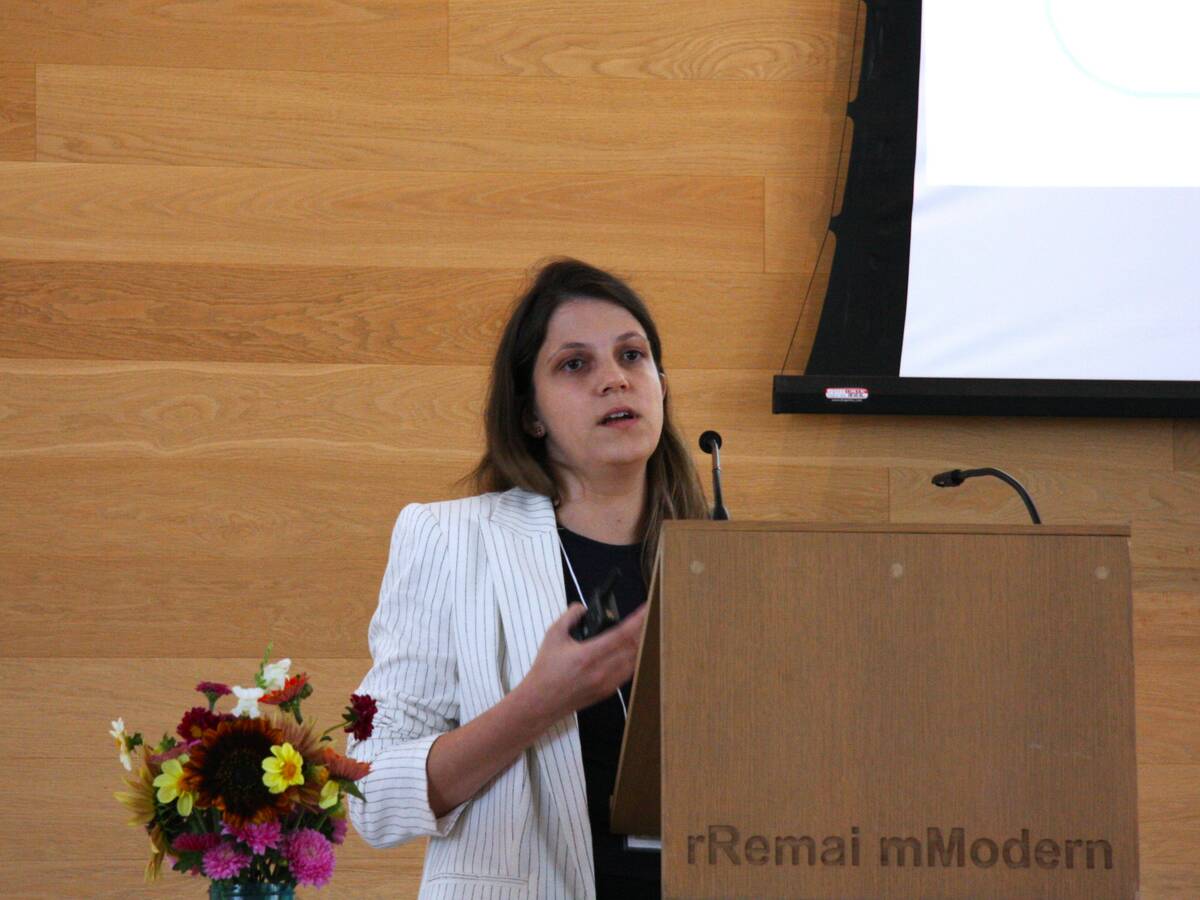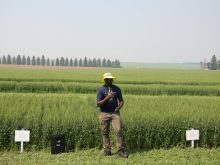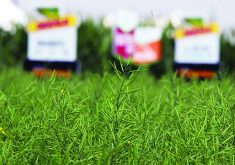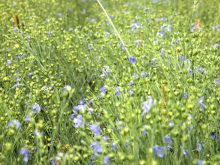Different views | Iowa State University professor challenges findings that link glyphosate to diseases
It’s safe to say that Don Huber, a retired plant pathologist from Purdue University, is popular among activists who believe genetically modified crops and glyphosate poison plants and humans.
For years, Huber has waged a war against glyphosate, claiming the world’s most popular herbicide increases the likelihood of plant diseases, eradicates beneficial organisms in the soil and immobilizes micronutrients inside plants.
He also claims that consuming glyphosate-treated crops has increased rates of celiac disease, irritable bowel disease, obesity and diabetes.
However, after Huber’s arguments became gospel in parts of the online universe, scientists such as Bob Hartzler from Iowa State University realized they had to respond. Hartzler supports alternatives to herbicides to control weeds, but agreed a few years ago to review the science surrounding glyphosate.
Read Also

Fusarium head blight mycotoxin detector in the works
A PhD student at the University of Saskatchewan has been working on developing a method of detecting fusarium damaged kernels to ease the struggles of producers, agronomists and industry.
“The Iowa Department of Agriculture was concerned that if this (negative) talk continued to build up, that the exports of corn and soybeans from Iowa could be impacted,” the weed scientist said about why he wrote a paper that counters some of the critical claims surrounding glyphosate.
Hartzler, who spoke at Ag Days in Brandon Jan. 17, attempted to answer three questions during his talk: does glyphosate increase the risk disease in GM crops, how does glyphosate interact with micronutrients in GM crops and how does glyphosate affect micro-organisms in the soil.
Hartzler said he’s an unlikely defender of glyphosate because other scientists view him as a tree hugger. His personal motto on his Iowa State website reflects his perspective: “It takes more than herbicides to keep a good weed down.”
Hartzler agreed with Huber that there is a link between glyphosate and disease in plants.
“It’s well documented, in plants susceptible to glyphosate, if you expose a plant … that increases the risk of disease developing in that plant,” he said.
Plants release toxic compounds called phytoalexins when exposed to a pathogen. Much like antibodies in humans, phytoalexins combat pathogens that can cause disease.
Hartzler said studies have shown that glyphosate suppresses phytoalexin production in plants.
However, the herbicide doesn’t restrict phytoalexin response in GM crops. Consequently, applying glyphosate to GM crops doesn’t amplify the risk of plant disease.
A paper published by scientists at Purdue, where Huber is a professor emeritus, supports Hartzler’s assertion.
“Despite the potential for herbicides to increase disease levels in certain plants, plant pathologists have not observed a widespread increase in susceptibility to plant diseases in glyphosate-resistant corn and soybean,” wrote Kiersten Wise, a field crop pathologist and co-author of the paper.
“We’ve done a lot of research on this and we continue to find that there isn’t a link,” she said from her office at Purdue.
In their paper, Wise and her colleagues noted there is little merit to claims that GM crops and extensive glyphosate use have caused plant disease levels to skyrocket over the last 15 years.
The Purdue researchers said another explanation is that biotech companies develop varieties and hybrids that maximize yield, and disease resistance is not always a priority trait. As a result, the risk of widespread disease problems can increase.
Regarding soil micro-organisms, Hartzler said glyphosate does harm a percentage of the biota in the soil, but that doesn’t mean the herbicide eradicates all life there.
“Studies have shown, very clearly, that there isn’t a decrease in the amount of microbial activity in the soil (due to glyphosate),” he said.
“Some people have portrayed that glyphosate is creating this wasteland where all the microbes are being killed off…. The research doesn’t support that.”
However, he said glyphosate does allow certain organisms to thrive in the soil, including the fungi that causes fusarium head blight.
University of Missouri research has demonstrated that applying glyphosate to soybeans increases the amount of fusarium around the plant’s roots. A certain species of fusarium causes sudden death syndrome (SDS), a fungal disease in soybeans.
Hartzler said that despite the spike in root colonization, scientists haven’t demonstrated a link between glyphosate and an increase in the occurrence of SDS.
As for micronutrients, researchers have speculated that glyphosate tolerant soybeans and corn are vulnerable to manganese deficiencies. The idea is that glyphosate ties up manganese in the corn and soybean plants, which can cause yield loss and reduce the concentration of manganese in the silage fed to animals.
He said glyphosate can bond with manganese ions in plants, but it’s unlikely the herbicide will impact manganese levels because there aren’t enough glyphosate molecules to tie up all the manganese.
The concentrations of metal ions are 10,000 to 100,000 times higher than glyphosate concentration, he added.
“So even if every glyphosate molecule tied up a manganese ion, the majority of those metal ions would still be available in the plants.”
As well, he said concentrations of metal ions in the soil are significantly larger than the amount of glyphosate applied, so it’s doubtful it could significantly reduce manganese levels in the soil.
Hartzler was asked after his presentation if Huber’s view that glyphosate is a serious threat represents a fringe perspective in the scientific community.
“I think so,” he said. “I think the majority of plant pathologists say there’s nothing (to this).”
Wise agreed, saying plant pathologists at Purdue have investigated the connection between glyphosate and plant disease but failed to find enough evidence to support Huber’s case. Plant pathologists at Huber’s university really don’t discuss the topic, she said.
“It’s not something that we debate. It’s not hotly debated or contested among the field crop pathology group.”
















